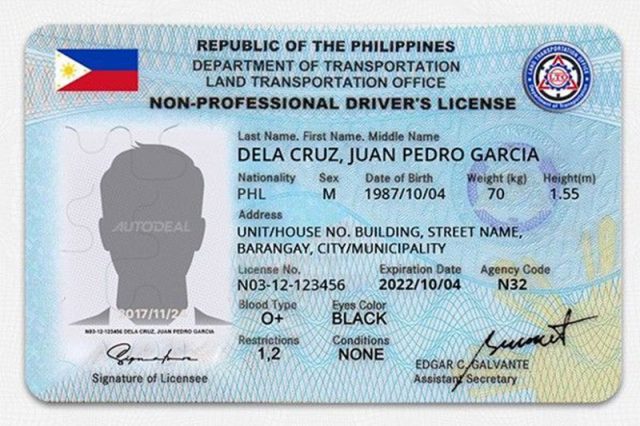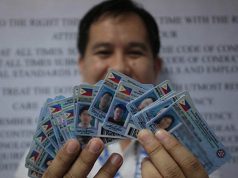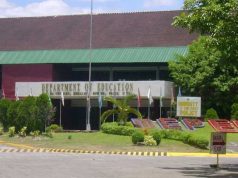Several technology-related concerns were raised after the Land Transportation Office announced that it would release a “digital driver’s license” to serve as an alternative to a physical license card.
The LTO said this would be the electric or online version of an individual’s driver’s license.
The initiative is part of the agency’s efforts to digitalize its services following President Ferdinand Marcos Jr.‘s directive for government agencies to implement digitalization.
The LTO said it is in collaboration with the Department of Information and Communications Technology (DICT).
According to LTO chief Jay Art Tugade, the paperless version of the driver’s license can be accessed through a “super app” that is under development by DICT.
“The advantage of the digital license is that motorists can present it to law enforcement officers during apprehension. It is equivalent to presenting the physical driver’s license,” he said in a statement posted on the office’s Facebook page.
“We also appreciate the way the super app functions similarly to a wallet, containing all government IDs, among other things, within your mobile device,” Tugade added.
He added that the digital version of the license aims to replace the Official Receipt (OR) that acts as a temporary driver’s license currently printed on paper.
The agency said that the public may use the digital license for various transactions with the agency, including license and registration renewals, as well as online payments.
The existing security features of the driver’s license would be integrated into its digital version, in addition to the app’s security measures.
Tugade believes the initiative will “ultimately aid the agency in eradicating corruption.”
No details about the release of digital driver’s licenses or the date of its implementation have been disclosed yet.
LTO’s announcement comes amid the shortage of physical cards being used to print motorists’ driver’s licenses due to procurement issues.
Last month, it extended the validity of driver’s licenses expiring from April 24 onwards, saying that they will not be required to renew until October 31 “or as soon as the DL [driver’s license] cards become available for distribution to the public.”
The agency has since resorted to printing driver’s licenses on the back of the paper OR as temporary measures. It also includes a QR Code that authorities can scan to authenticate the document in case the license holder gets apprehended.
RELATED: From lamination to framing: How some Pinoys are keeping their paper licenses safe
Meanwhile, LTO’s plan to roll out an electronic version of the driver’s license failed to perk up some Filipinos amid the shortage issue of the agency’s physical cards.
Others questioned the move since it assumes that every motorist has a smartphone or access to technology.
“Galing. Pano ‘yung walang smartphone?” a Twitter user commented on reports about LTO’s initiative.
“Obviously, [they] should offer this as an additional option to the hard copy cards to cater for equity. Not all drivers can afford to own and maintain a smartphone,” another Filipino tweeted.
Some Pinoys also expressed concern about how secure the infrastructure will be, citing past cases of hacking and security breaches involving other government agencies and entities.
“This government can’t even get its websites right and protected, now they want this? Think about it, the way so many people can bypass and cheat this system,” another online user said.
“Ilang beses nang na-hack ang gov’t databases, tapos gagawin pang digital,” wrote a different Filipino.
Just last month, some government accounts on social media were compromised or hacked.
These were the Twitter account of the Department of Health, the Facebook page of the Philippine Council for Industry, Energy and Emerging Technology Research and Development under the Department of Science and Technology, and the Facebook page of Davao City’s Transport and Traffic Management Office (CCTTMO).
As of this writing, Davao City’s CCTTMO continues to spam its followers with lewd content.
ALSO READ: FB page of Davao transport and traffic office spams followers with lewd videos
A cybersecurity researcher previously revealed that over a million private records from the country’s law enforcement agencies were found to have an unprotected database.
It meant that the records were easily accessible online, putting Filipinos’ personal information at risk.
Last March, the LTO said the current administration is seeking to digitize more processes of the agency to serve the public and its stakeholders faster and more efficiently.
The agency revealed that it has also signed a memorandum of agreement with the DICT to help them store, manage, control and maintain their technology requirements.









